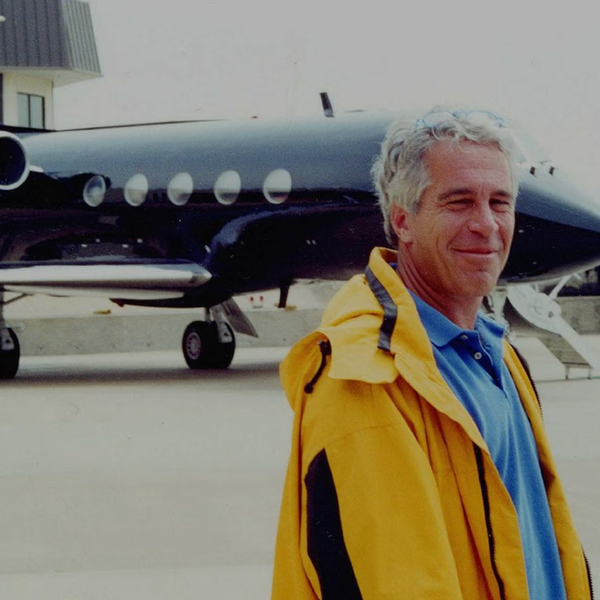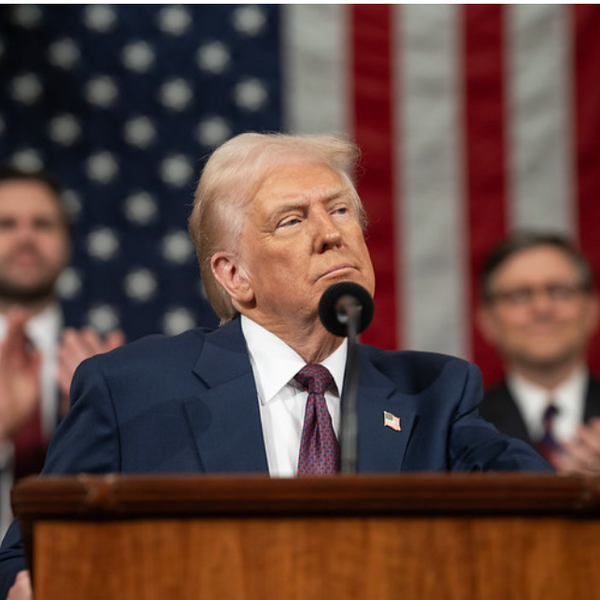
Austin (AFP) – Barack Obama made a defiant case Thursday for wielding the presidency’s power to forge change and equality, harnessing the “giant” legacy of Lyndon Johnson to justify his own political creed.
Obama said his mere presence, as the first black president, at an event honoring Johnson’s role in passing civil rights legislation outlawing racial discrimination, offered vindication for the former U.S. leader.
“I have lived out the promise of LBJ’s efforts,” Obama said in a poignant keynote address at Johnson’s presidential library in Texas.
“I and millions of my generation were in a position to take the baton that he handed to us,” he added.
Obama, who has chafed at comparisons between his own prowess in pulling the levers of power in Washington and those of Johnson, said LBJ was a “master of politics” who used his position for great ends.
“President Johnson liked power. He liked the feel of it, the wielding of it,” Obama said.
“But that hunger was harnessed and redeemed by a deeper understanding of the human condition, by a sympathy for the underdog, for the downtrodden, for the outcast, and it was a sympathy rooted in his own experience.”
It was impossible to miss the contemporary political context of Obama’s remarks, as he fights Republicans bent on overturning his health care law and thwarting his efforts to raise the minimum wage and pass immigration reform.
“What President Johnson understood was that equality required more than the absence of oppression — it required the presence of economic opportunity,” Obama said. “A decent job, decent wages, health care — those too were civil rights worth fighting for.”
“An economy where hard work is rewarded and success is shared, that was his goal,” he added, arguing that same great debate on the role of government in promoting equality and opportunity was still raging 50 years after Johnson served.
In the White House between 1963 and 1969, Johnson is remembered for stabilizing a traumatized nation after the assassination of president John Kennedy, and for sweeping social reform legislation including the Civil Rights Act, the Voting Rights Act and the introduction of health care programs for the poor and elderly.
Many observers believe Obama enacted the broadest social reform legislation since Johnson’s “Great Society” with his health care law designed to bring America closer to universal coverage than ever before.
The law remains a political liability for Democrats, but Obama supporters hope it will become as entrenched in American life as Johnson’s reforms, which the president hailed as “one giant man’s remarkable efforts to make real the promise of our founding.”
Obama, now deep into his second term, also turned wistful, as he reflected on the lot of the few men to have served in the Oval Office.
“You’re reminded daily that in this great democracy, you are but a relay swimmer in the currents of history, bound by decisions made by those who came before, reliant on the efforts of those who will follow to fully vindicate your vision.”
Photo via Wikimedia Commons








